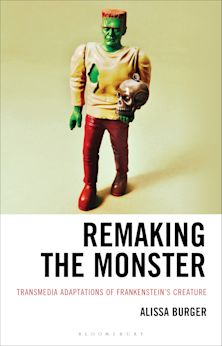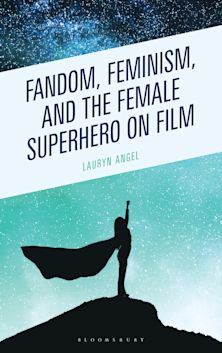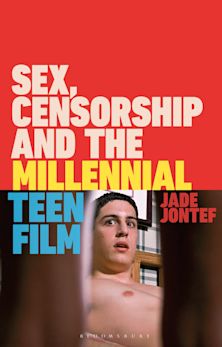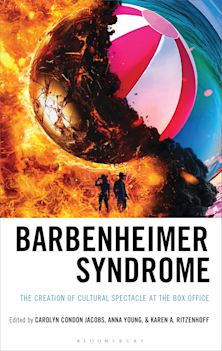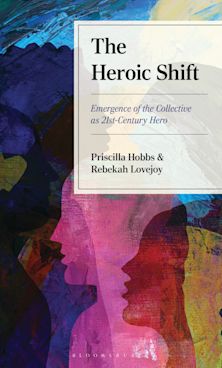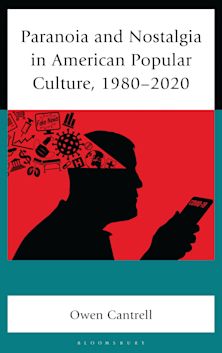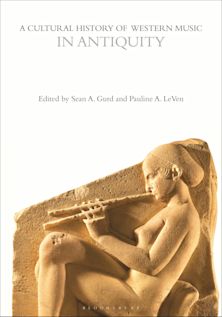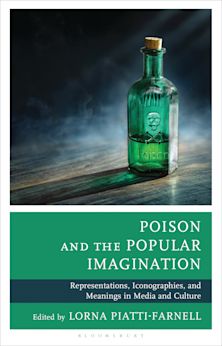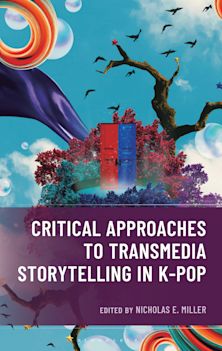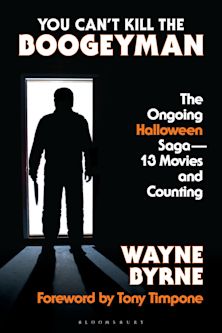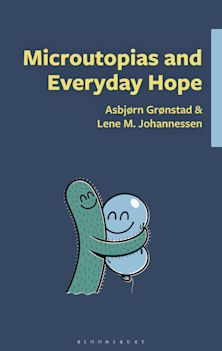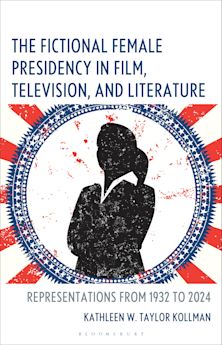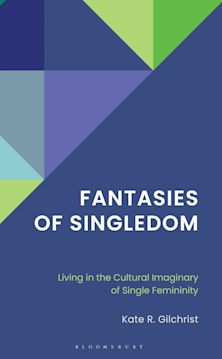Grief in Contemporary Horror Cinema
Screening Loss
Grief in Contemporary Horror Cinema
Screening Loss
This product is usually dispatched within 2-4 weeks
- Delivery and returns info
-
Flat rate of $10.00 for shipping anywhere in Australia
Description
Over the course of the past two decades, horror cinema around the globe has become increasingly preoccupied with the concept of loss. Grief in Contemporary Horror Cinema: Screening Loss examines the theme of grief as it is represented in both indie and mainstream films, including works such as Jennifer Kent's watershed film The Babadook, Juan Antonio Bayona's award-sweeping El orfanato, Ari Aster's genre-straddling Midsommar, and Lars von Trier's visually stunning Melancholia. Analyzing depictions of grief ranging from the intimate grief of a small family to the collective grief of an entire nation, the essays illustrate how these works serve to provide unity, catharsis, and—sometimes—healing.
Table of Contents
Chapter 1. Horror at the Crossroads: Mapping the Child's Grief in Pan's Labyrinth (2006)
Lindsey Scott
Chapter 2. “We Can Survive This”: An Examination of Loss and Grief in Juan Antonio Bayona's El orfanato (The Orphanage) (2007)
Erica Joan Dymond
Chapter 3. Elevating Grief: Ari Aster's Hereditary (2018) and the A24 Horror Film
Andrew Grossman and Todd K. Platts
Part II: Loss and Gender: Grief and Motherhood/Womanhood
Chapter 4. To Make You Feel My Love: Jennifer Kent's The Babadook (2014), Motherhood, and Loss
Rebecca L. Willoughby
Chapter 5. The Myth of the Natural Woman: Horror and Grief in Ari Aster's Midsommar (2019)
Aspen Taylor Ballas
Part III: Loss and National Identity: Grief and History
Chapter 6. O Father, Where Art Thou?: Grief and Cannibal Culture in Jorge Michel Grau's Somos lo que hay (We Are What We Are) (2010)
Megan DeVirgilis
Chapter 7. Sadness is Rebellion: The Ontopolitics of Queer Loss in Mladen Ðordevic's Ž
Product details
| Published | 03 Oct 2022 |
|---|---|
| Format | Hardback |
| Edition | 1st |
| Extent | 230 |
| ISBN | 9781793633934 |
| Imprint | Lexington Books |
| Illustrations | 10 b/w illustrations; |
| Dimensions | 239 x 159 mm |
| Series | Research in Horror Studies |
| Publisher | Bloomsbury Publishing |
Reviews

ONLINE RESOURCES
Bloomsbury Collections
This book is available on Bloomsbury Collections where your library has access.












